A Perth couple are raising money for Dravet Syndrome UK after a young family member was struck by the life-threatening condition.
Alistair Smith and partner Grant MacDonald are well-known on Beechgrove Place in Burghmuir for their spectacular outdoor festive lights displays.
In 2021 their Christmas extravaganza turned into a charity fundraiser after the death of their nephew, Gavin Russell, from Ewing sarcoma at the age of 20.
This year they are again opening their spectacularly-lit garden to the public to encourage more donations.
Any proceeds will be split equally between Bone Cancer Research Trust – in memory of Gavin – and Dravet Syndrome, which is inspired by Grant’s great-niece Penney McKain.
The 15-month-old Perth girl was diagnosed with the rare form of neurological condition after suffering from seizures that have left her life hanging in the balance.
It means her parents Ross and Joanne are regularly called to speedily undertake mouth-to-mouth resuscitation to keep alive their youngest of five children.
They hope telling Penney’s story will raise awareness – and money – for Dravet Syndrome UK, as well as Bone Cancer Research Trust, via their uncles’ Christmas lights fundraiser.
Penney is as happy as a baby can be
Penney has spent more than half of her young life fighting a serious illness but you wouldn’t know it from her demeanour.
When she isn’t suffering a seizure she is as happy as a baby can be.
“She literally dances in her cot every night,” said Joanne.
“She claps her hands, she sings, she laughs, she smiles.
“If this is what ill looks like you have to wash over the bad times and focus on the good ones because they are so precious – just like she is.”
Mysterious mutation
Joanne remembers well the exact date that Penney began showing unusual symptoms.
It was March 25 and she was seven months old.
From nowhere she had a seizure that caused suffocation and necessitated an urgent call for an ambulance.
Penney recovered but when a seizure happened again it was clear there was an underlying issue.
“A couple of months after the first seizure a specialist said she had an Scn1a mutation,” Joanne said.
“This meant nothing to us.”
Risk of death never goes away
They soon discovered that the genetic mutation caused Dravet Syndrome, a rare neurological condition that affects around one in every 15,000 people in the UK.
“This isn’t just epilepsy but catastrophic seizures, infant death through epilepsy, lifelong disability, potentially being in a wheelchair or peg fed, sheltered accommodation,” Joanne said.
“This isn’t a case of taking pills and it going away.”
The short-term impact has been significant.
Penney regularly experiences seizures that last from four minutes to more than an hour.
She wears special monitors – one was funded by Dravet Syndrome UK – to constantly check her heart and oxygen levels.
When seizures happen she often needs to be resuscitated by either of her parents.
If it is prolonged and uncontrollable – and this has happened on a few occasions – Penney is taken to Ninewells.
How the parents let go of fear
With four other children to look after, Joanne has had to give up her job and join Ross as a stay-at-home parent.
The stress also caused their own challenges with immunity as both suffered from alopecia for a period.
But they eventually found some perspective after Penney was taken to hospital and sedated due to a particularly bad seizure.
“Six hours later she was still in hospital and we were asking if she was going to have to be put on life support,” Joanne recalled.
“But actually she woke up wanting her tea!
“We were so worried about her – and still are – but she is the happiest little girl.
“She goes to toddler groups and dances to ‘row your boat’, claps her hands, and she smiles.
“We realised that the unhappiness was being caused by our fear and worrying so we have let go of that and allowed Penney to take the lead.
“She bounces back but that doesn’t mean the next time she will bounce back.
“We are constantly living in that fear but we have learnt to take every day as a good day.
“You don’t put things off and wait. Do it now and make every day the best it can be.
“She could be with us into old age or we could lose her before Christmas – you just never know. It’s that unpredictable.”
Siblings have been wonderful
Joanne says that Penney’s older siblings Alex, 11, Jack, 6, Charlie, 5, and Anna, 2, have dealt with the situation wonderfully.
“Anna will go past the medicine boxes at bedtime and help us by giving us an empty syringe,” Joanne said
“This is a way of life for them now.
“They know where the emergency bag is. They know they can touch the outside to give it to us but never touch the inside.
“A lot of people may think this sounds terrible for them but actually the children have adapted. They are so happy.”
Outlook could be bleak
Sadly, the long-term outlook for Penney is potentially bleak.
With Dravet Syndrome comes not only a risk of early death, but a likelihood that mental and physical development will be stinted.
“For the first couple of years they are on track and then stop progressing,” Joanne said.
“This is why we do so much with Penney when she is at the age and stage she should be because we are going to lose that.
“At the moment we have a 15-month-old who is acting like a 15-month-old but it is not going to be so lovely when we have a five year old who acts like a 15-month-old.
“It will be like dementia. You remember the person you have had.
“As she gets older there is a good chance she will lose her happy, smiley and dancey personality because a lot of children with this disorder go on to develop traits to do with seizures such as ADHD, autism, behavioural difficulties.”
‘They laugh with you and they cry with you’
But whatever happens, help is at hand from Dravet Syndrome UK.
Joanne said: “When I rang them up to tell them about the gene mutation it felt like I was chatting to another mum having a cup of tea in our living room.
“I felt instantly at ease with how lovely and normal she was.
“You talk to people who have been through the same as me. They laugh with you and they cry with you.
“We are so pleased the Christmas lights fundraising is going towards raising money for this wonderful community.”
Tribute to ‘best friend’ uncle
Joanne paid tribute to her uncle Grant MacDonald, and his partner Alistair Smith, for donating 50% of this year’s Christmas lights proceeds to Dravet Syndrome UK.
“He is my best friend,” she said of Grant.
“He was in the hospital with us when Penney was born and when all the kids were born.
“He is like a dad, brother and best friend.
“My uncle is the best person in the whole wide world.
“Our ability to cope comes from being with him my entire life. He has taught me to be positive.
“The Christmas lights displays, with the amount of work gone in it, are absolutely incredible.
“We are so grateful.”
Spectacular Christmas lights
In the 10 years Alistair and Grant have lived in Beechgrove Place they have built up their collection of Christmas lights.
What began with some lights around the perimeter of the house has grown into a full-blown garden display.
This year’s offering includes a Christmas tree that is almost the height of a lamppost, and a stunning multi-coloured gazebo.
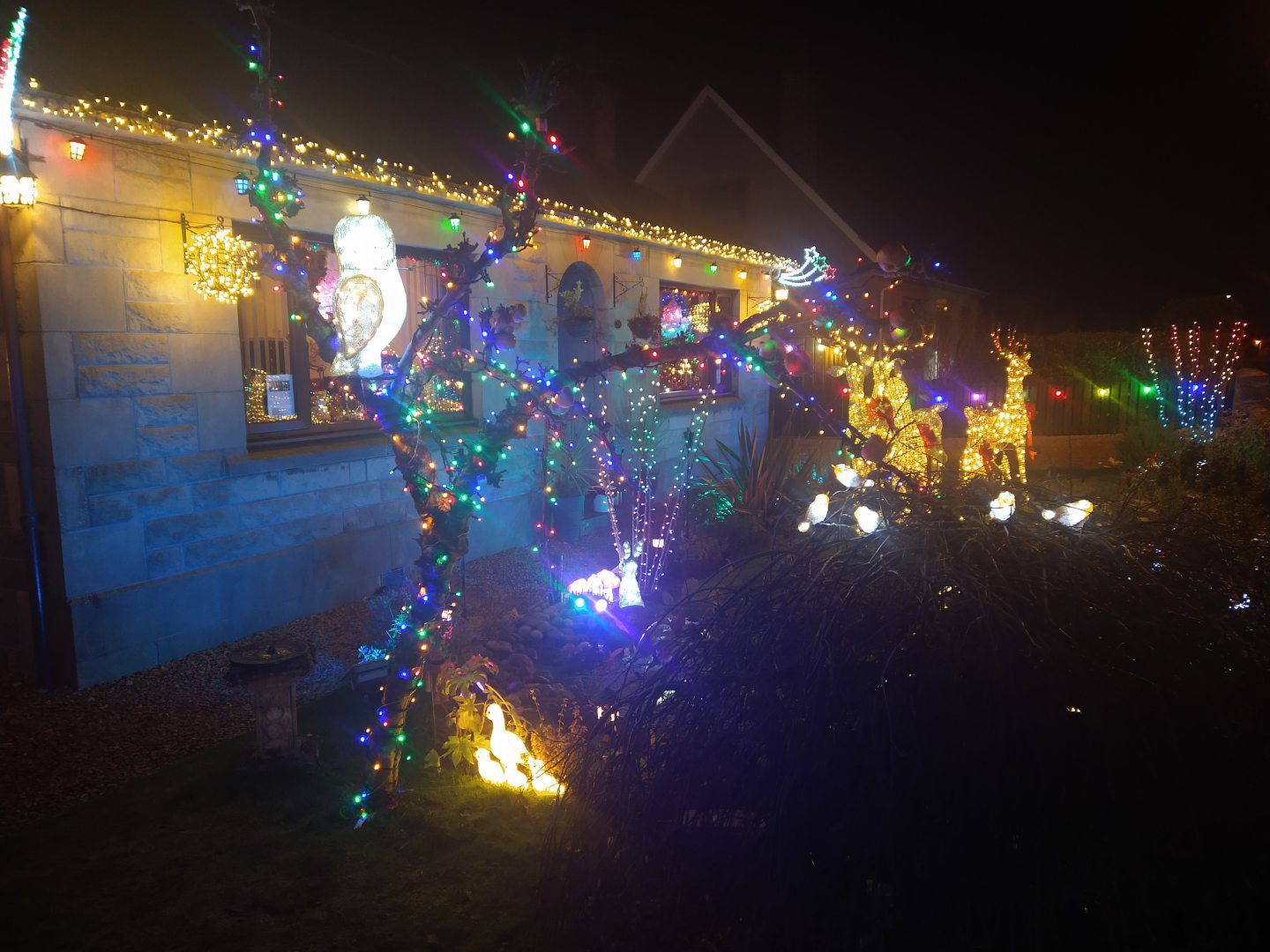

In 2021 the couple opened their garden for members of the public and raised more than £9,000 for Bone Cancer Research Trust.
And this year Alistair is keen to emphasise that 50% of the money raised this year will again go to the Bone Cancer Research Trust via Liberty’s Legacy, a research platform for Ewing sarcoma.
He said: “We have continued to buy new items for our displays, so some popular items from last year are back along with many new items.”
How you can visit and donate
The garden, at the bottom of the Beechgrove Place cul de sac, will be open every day from 4.30pm until 10pm.
Visitors are encouraged to take pictures and donate by scanning the QR code at the garden or via this link.
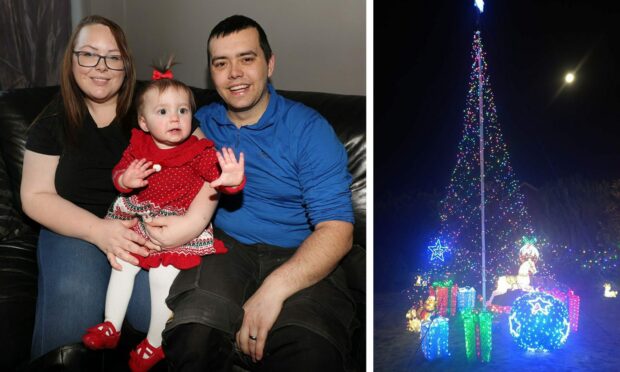
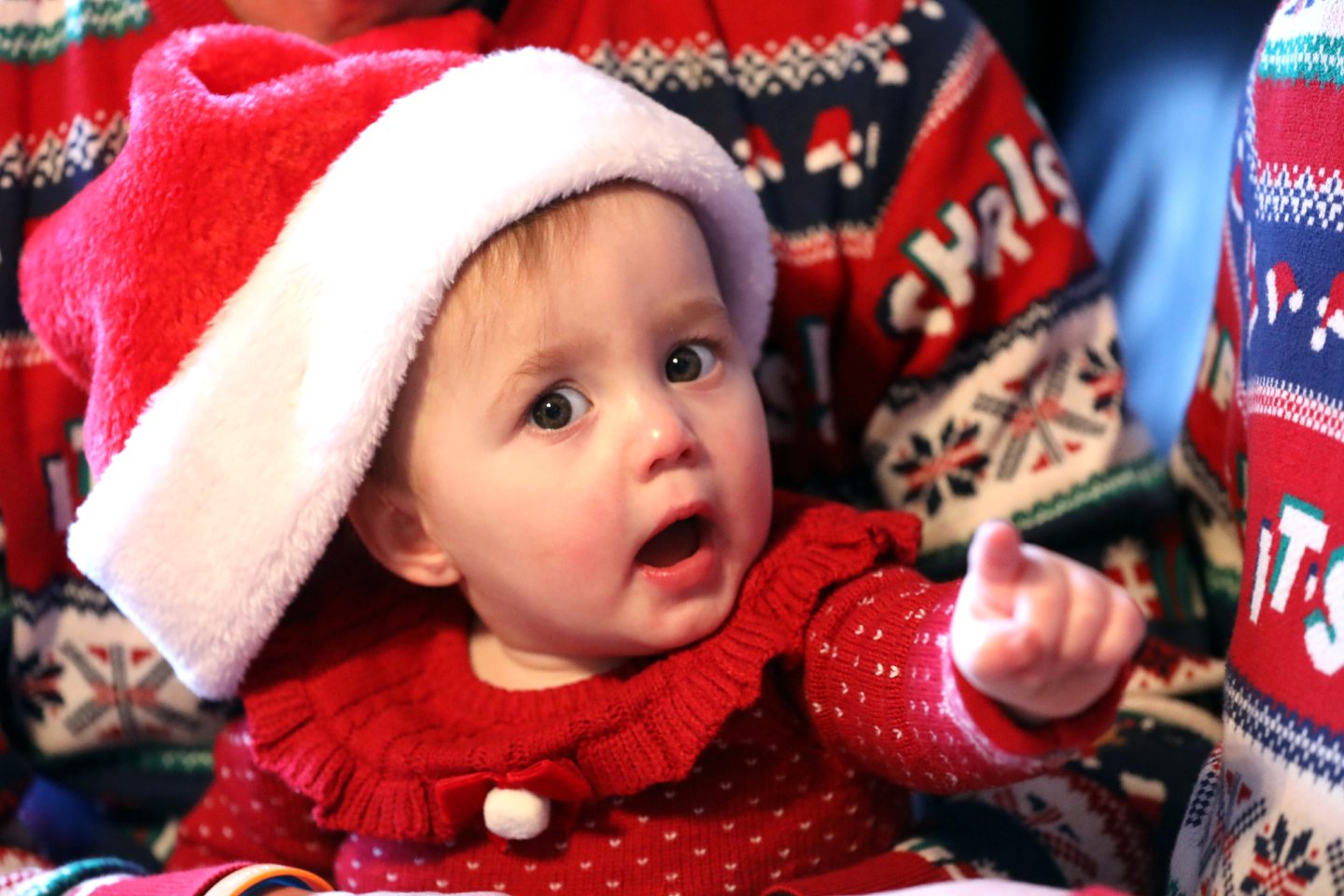
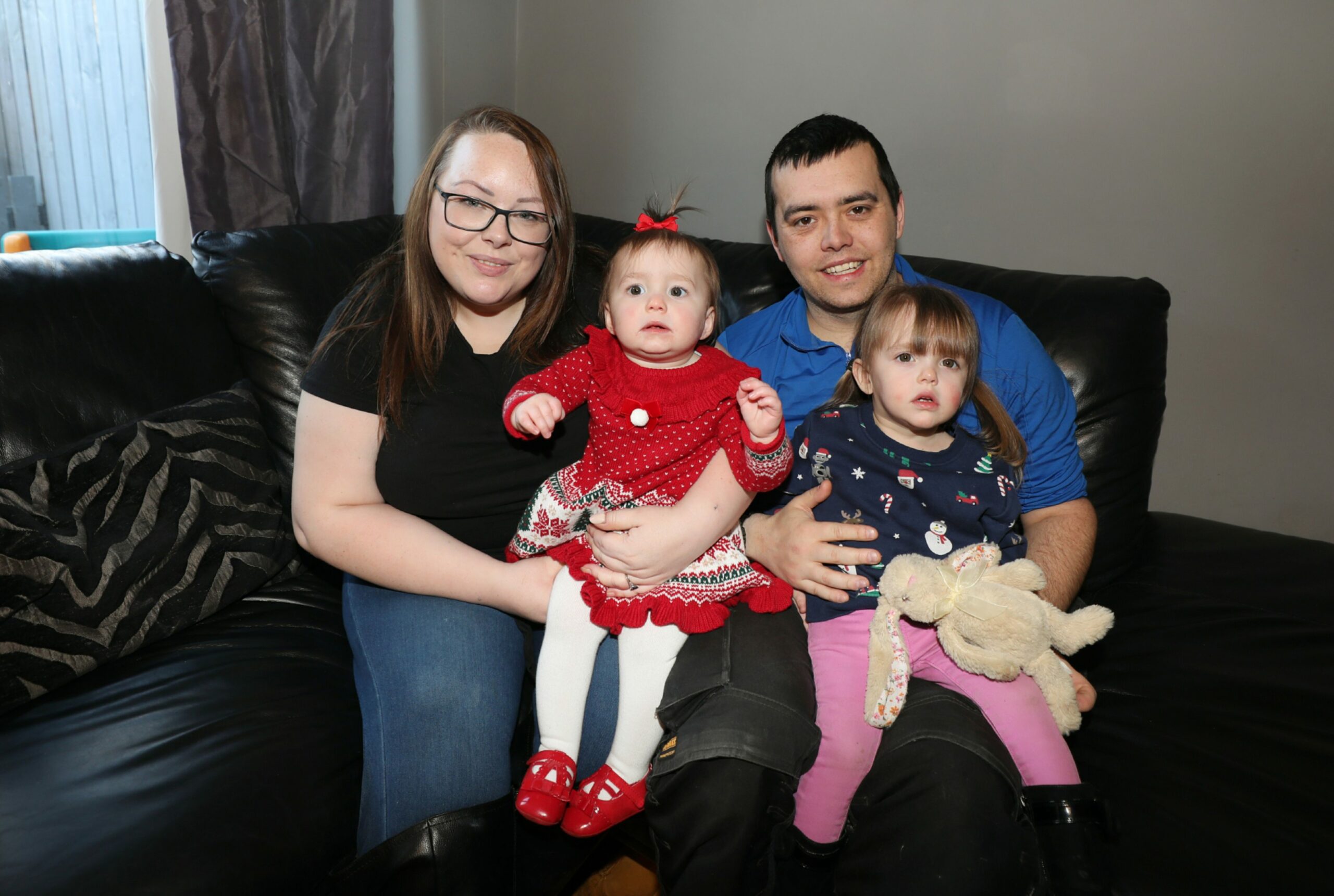
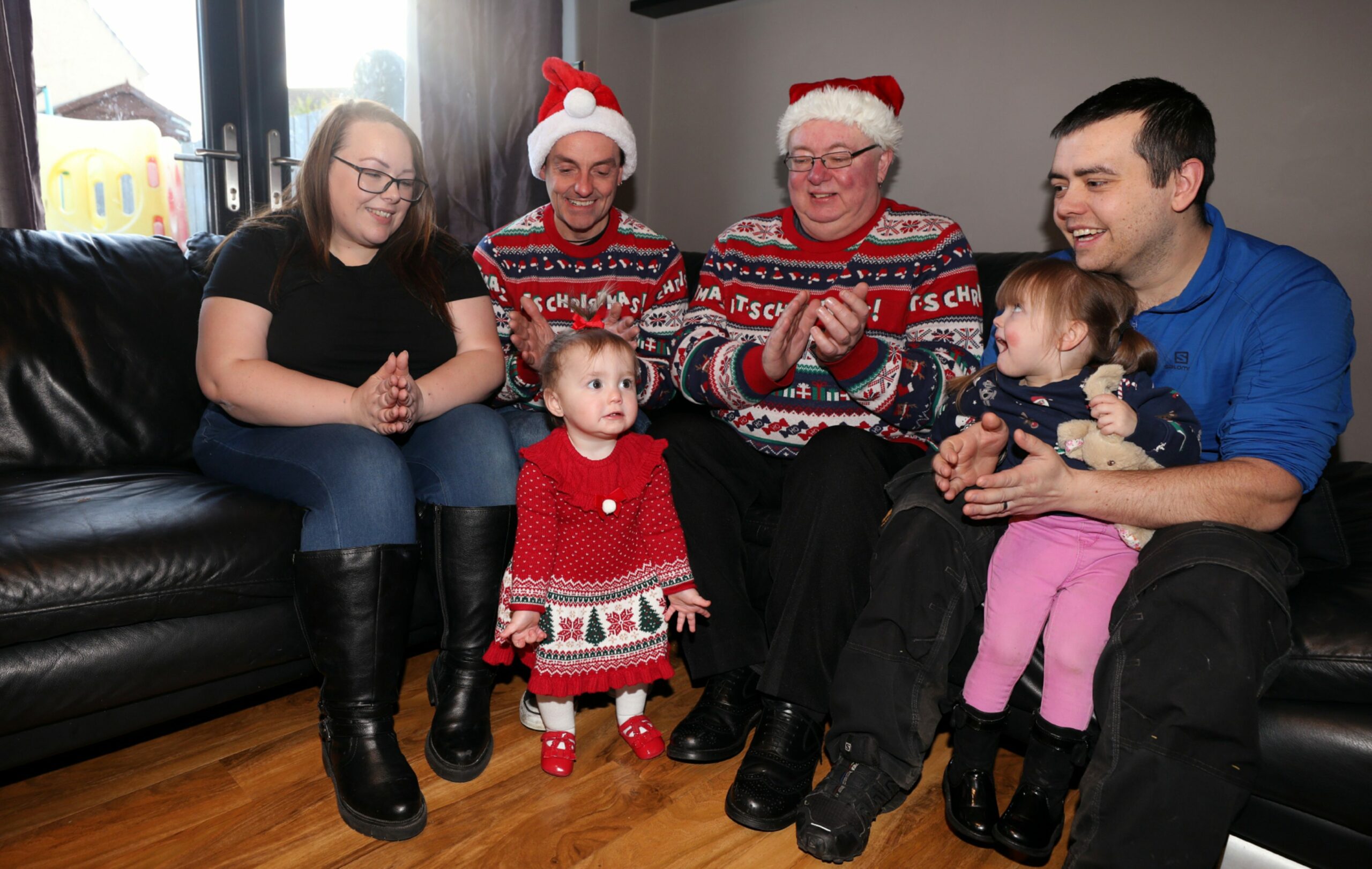
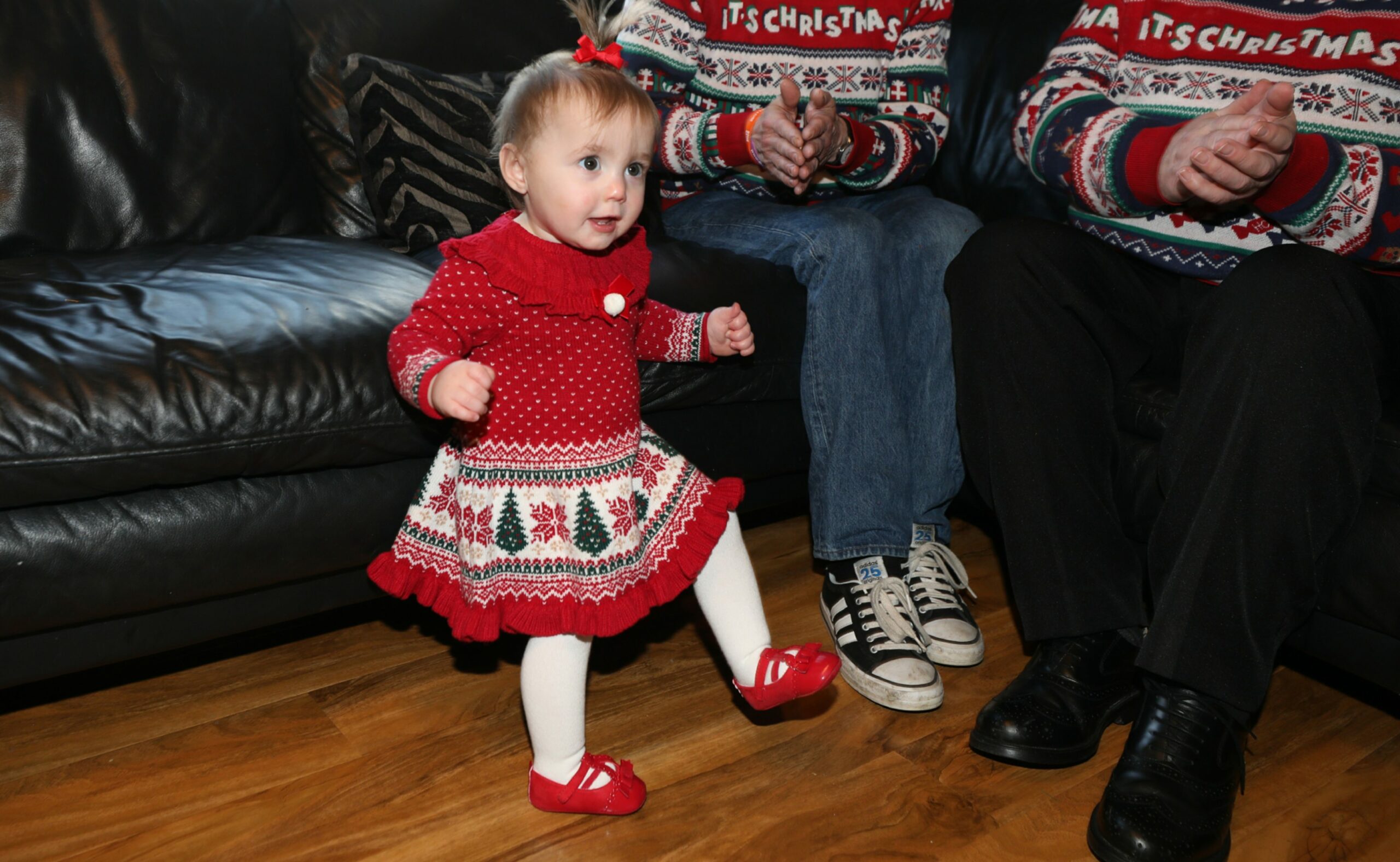


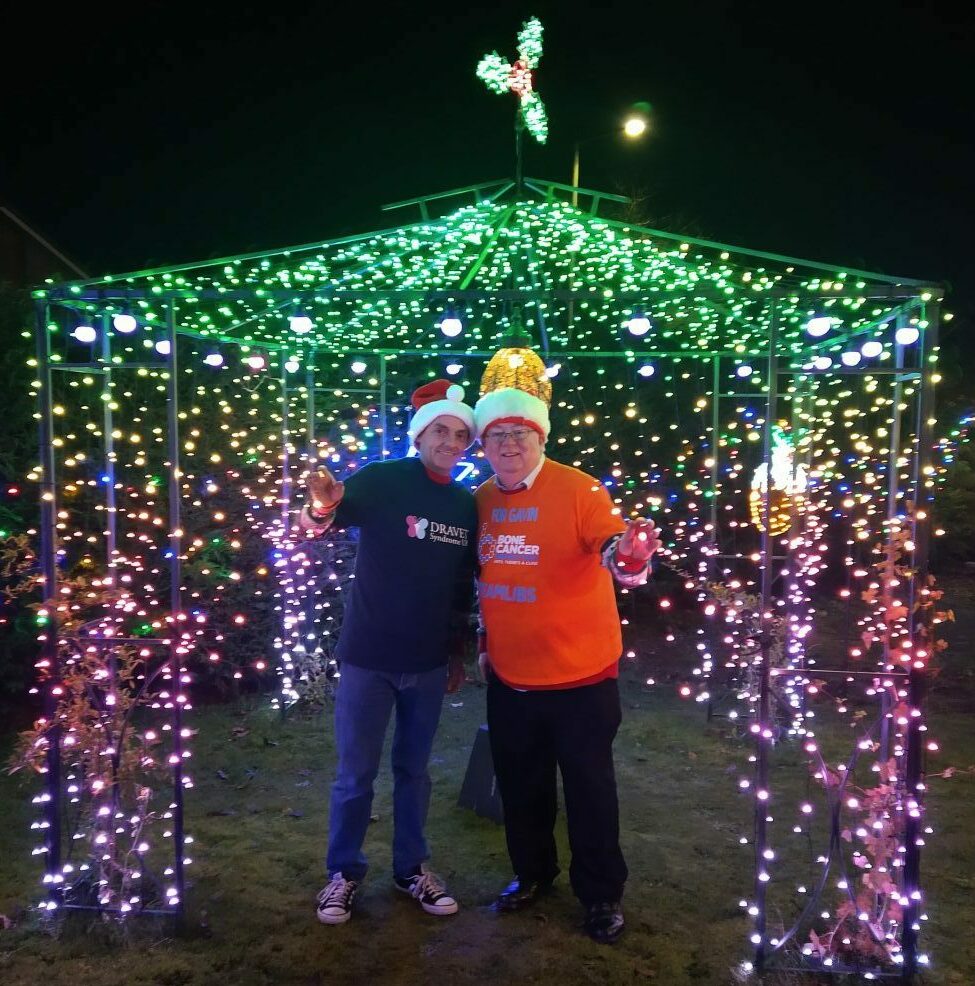

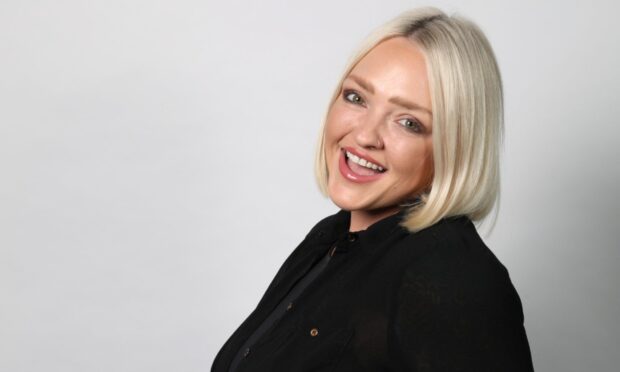








Conversation